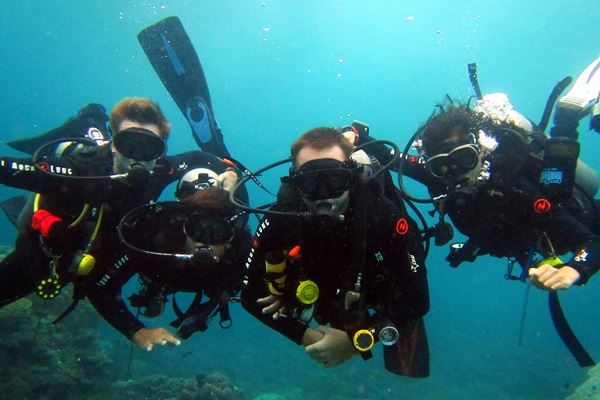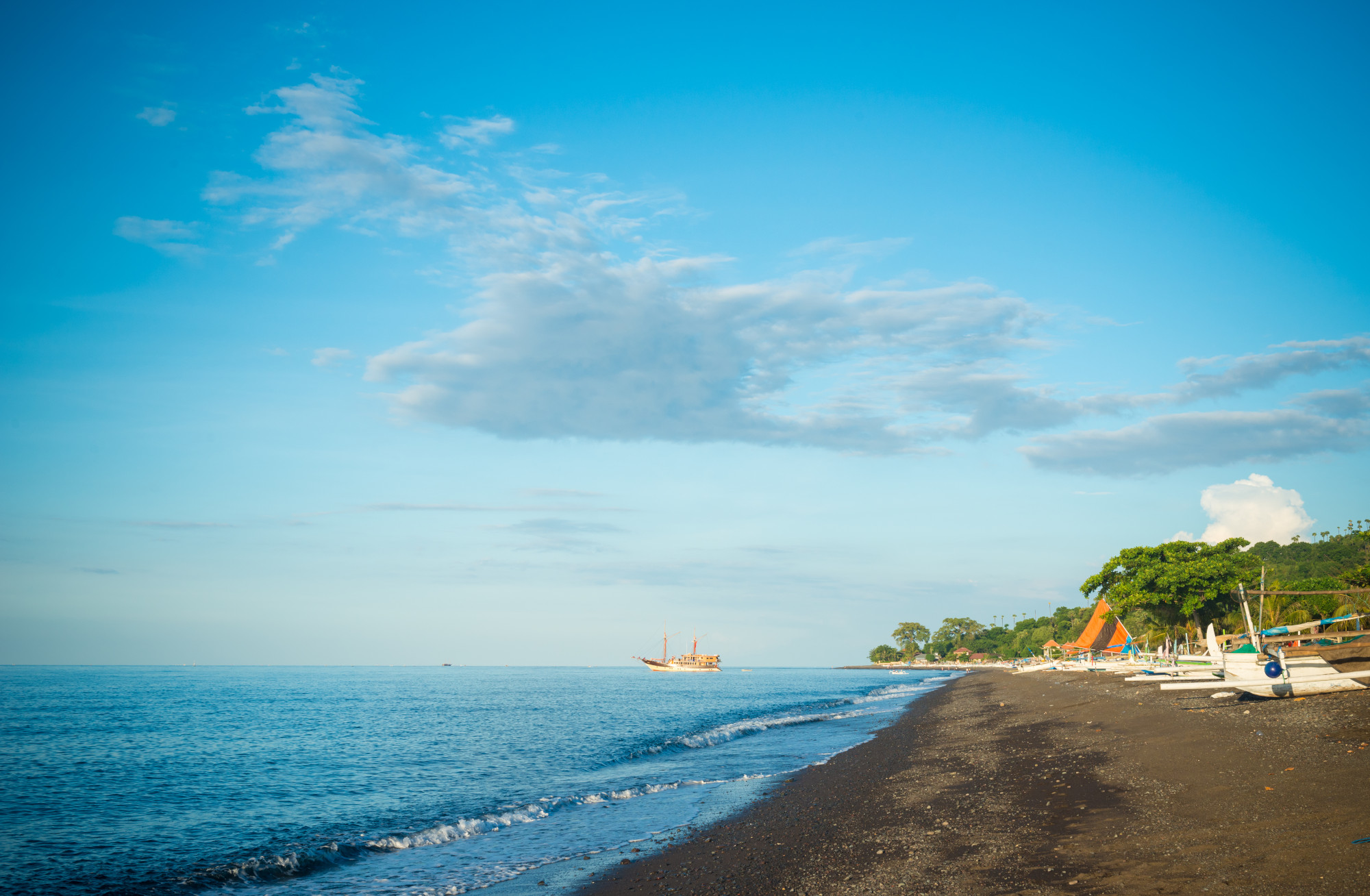Diving takes a lot of preparation. You need to ensure that you have the right skills and knowledge to be a successful diver. You also have to be psychologically, medically and physically fit.

If you’re the type of person that works out at least 90 minutes per week and ensures that their heart rate hits 70% and above during workouts, then you’re on the right path. Unfortunately, many divers rely on diving alone for physical fitness. However, this is not enough.
Why diving is not keeping you fit
As a diver, you need sufficient aerobic capacity and strength to meet the demands of diving in the environment you’ve chosen. While many divers believe that diving provides sufficient activity to maintain physical fitness, it sadly isn’t adequate.
Adequate physical activity for maintaining physical fitness must:
- Be of maintained intensity and frequency to sufficiently protect the body’s capacity. The body’s capacity is determined by the fitness level of the individual.
- Provide a load that exceeds the current capacity of the body to establish a training effect.
- Provide incremental increase in intensity, allowing the body to adapt to the progressive overload.
Divers find their physical strength tested every time they dive. They have to carry tanks and other related gear. However, the duration of this physical activity is too short to be considered an effective workout. In addition to this, most divers don’t reach an intensity level that is adequate enough to put a load on the body’s capacity.
Maintaining physical fitness is important especially as we get older. Divers will have better physical capacity for dives and avoid injuries and other medical issues. Although the research is still inconclusive, fitness has been associated with a reduction in post-decompression bubbles.
Getting fit
Timing your exercise in relation to diving is important. Preliminary research has shown that exercising at least 24 hours before a dive may reduce the presence of bubbles in the body. This effect was not seen in divers who trained intensely less than 24 hours before a dive. It is therefore best to avoid intense exercise in the 24 hours leading to a dive. Concentrate instead on low-intensity activity.
Performing light exercise during the decompression phase of the dive is also thought to increase the elimination of inert gas from the body and reduce risks associated with decompression. Avoid intense exercise at this phase, as it may increase the formation of bubbles.
How often do you exercise – are you fit for diving?



